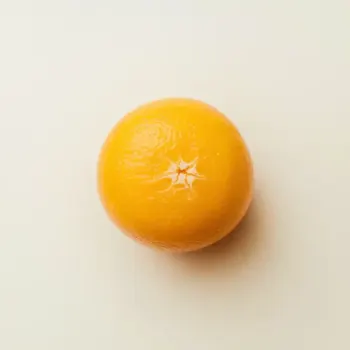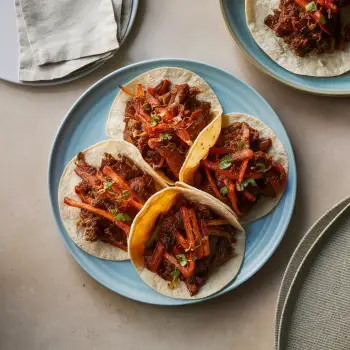


Canned
Orange juice that has been pasteurized and sealed in cans for shelf stability and longer storage life.
Concentrate
A thick, syrupy form of orange juice that requires dilution with water before consumption. Often found frozen.
Fresh-squeezed
Juice extracted directly from oranges without any processing, providing the freshest flavor and highest nutrient content.
Bottled/Cartoned
Pre-packaged and pasteurized orange juice available in bottles or cartons, convenient for immediate consumption.
Not-from-concentrate
Juice that is pasteurized without being concentrated first, offering a taste closer to fresh-squeezed juice.




concentrate: Minute Maid, Old Orchard
fresh-squeezed: Natalie's Orchid Island Juice Company
bottled/cartoned: Florida's Natural, Ocean Spray
not-from-concentrate: Tropicana, Simply Orange

Baking: Incorporate orange juice into batters and doughs for baked goods to add moisture and a subtle citrus flavor. It can also be used in icings and syrups for a zesty finish to desserts.
Reduction: Reducing orange juice by simmering it on the stove concentrates its flavors and sweetness, making it perfect for glazes, dressings, and sauces. Monitor the reduction closely to avoid burning the sugars.
Marinating: Orange juice is an excellent base for marinades, especially for poultry and fish. The acidity helps tenderize the meat while imparting citrus notes. Combine with complementary flavors and oils, and marinate for several hours or overnight for best results.













